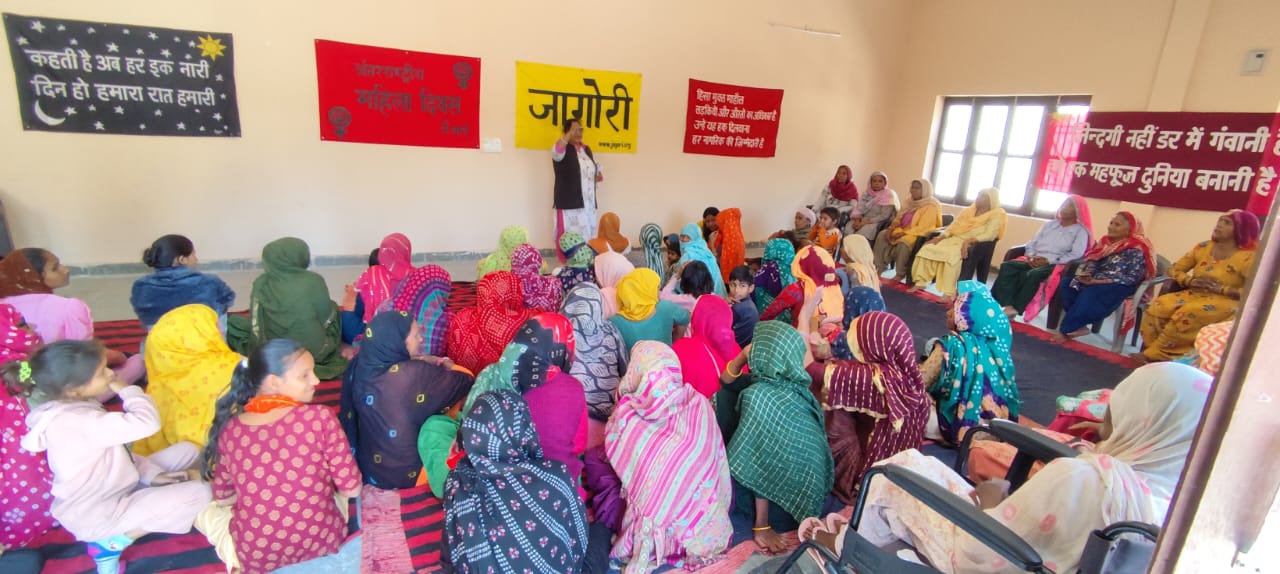Gallery
Video
Audio
|
तोड़-तोड़ के बंध्नों को
|
|
तू ज़िंदा है
|
|
तुम्हारा साथ मिलने से
|
|
इरादे कर बुलंद
|
|
अपना दिन हम मनाएं
|


